Complete Solutions to Linked Comprehension Type of chapter AMINES of Class 12 book with complete answers and questions
| Class 12 | CHEMISTRY |
| Chapter | AMINES |
| HIMANSHU PANDEY | Linked Comprehension Type |
| Number Of Questions | 15 |
| Academic Year | 2023-24 |
The conversion of an amide by reaction `NaOH` and `Br_(2)` to primary amine that has one carbon than the strating amide is known as Hofmann-Bromoamide reaction.
`R-overset(O)overset(||)(C)-NH_(2) overset(Br_(2)+NaOH)underset(or NaOBr)rarr R-NH_(2)+NaBr +Na_(2)CO_(3)`
Mechanism:
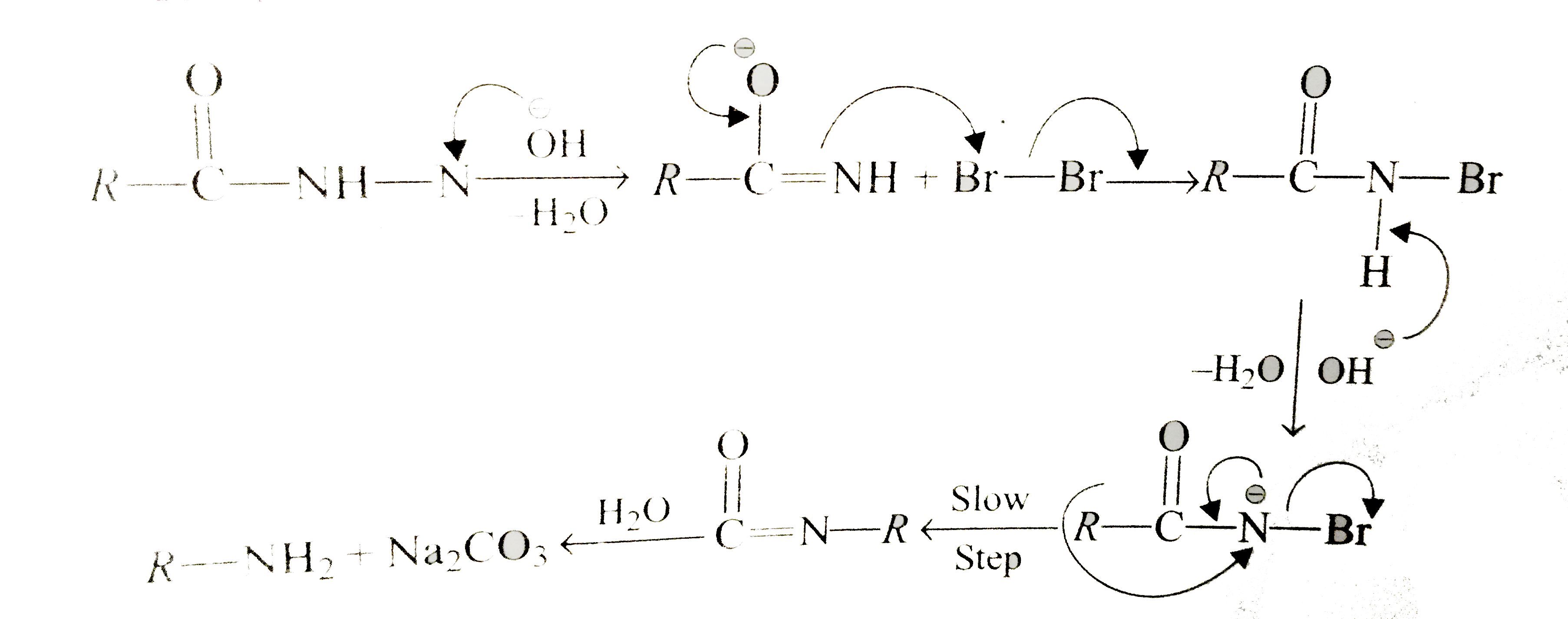
Number of moles of `NaOH` consumed in above reaction:02:27View SolutionThe conversion of an amide by reaction `NaOH` and `Br_(2)` to primary amine that has one carbon than the strating amide is known as Hofmann-Bromoamide reaction.
`R-overset(O)overset(||)(C)-NH_(2) overset(Br_(2)+NaOH)underset(or NaOBr)rarr R-NH_(2)+NaBr +Na_(2)CO_(3)`
Mechanism:
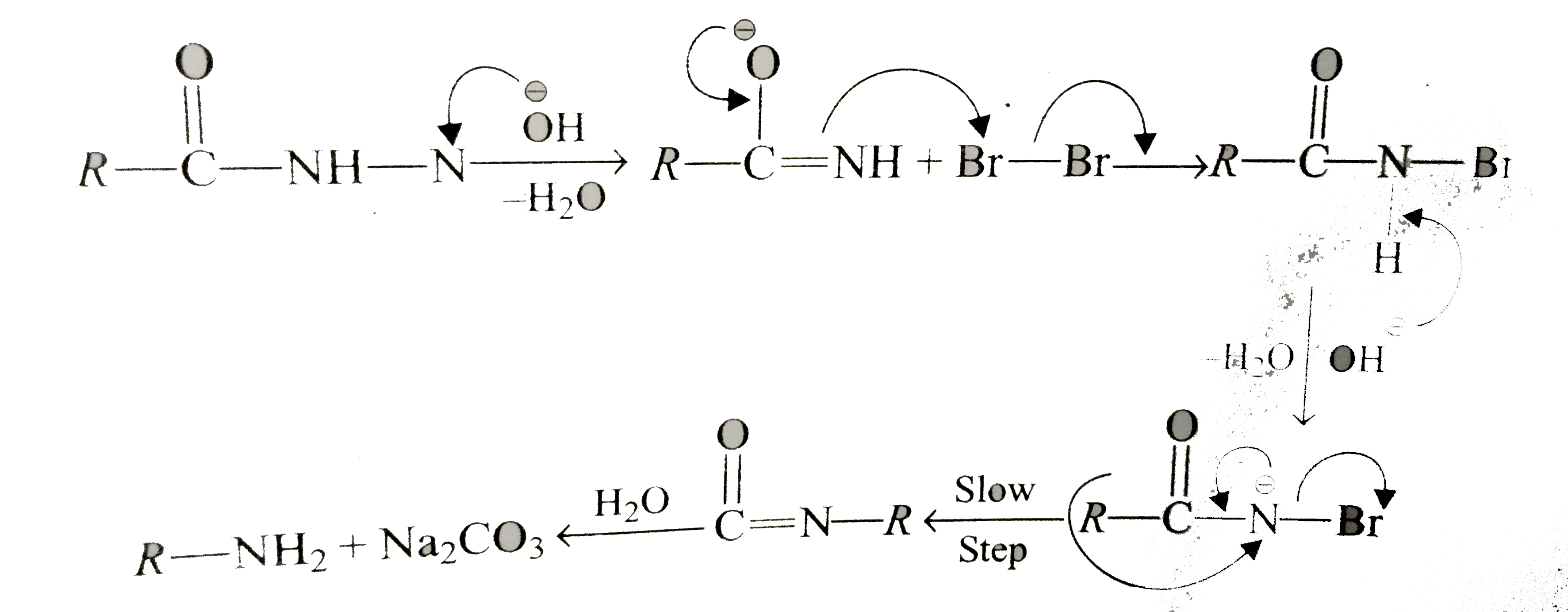
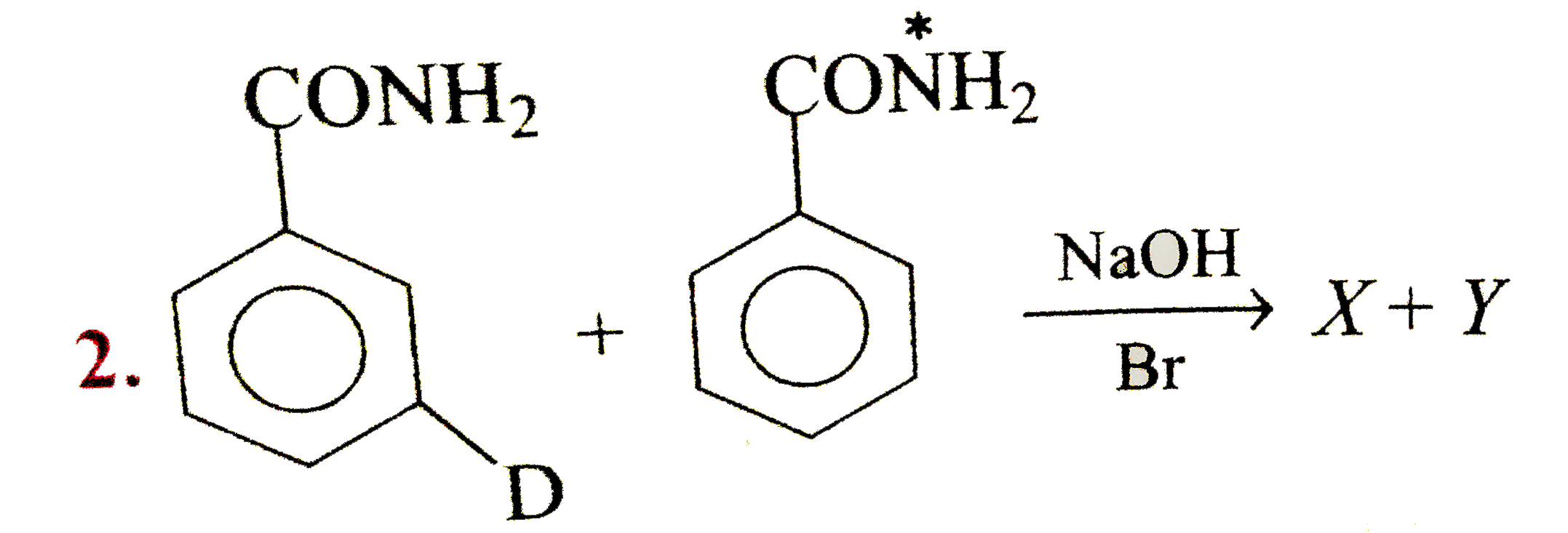
Find X and Y:02:27View SolutionThe conversion of an amide by reaction `NaOH` and `Br_(2)` to primary amine that has one carbon than the strating amide is known as Hofmann-Bromoamide reaction.
`R-overset(O)overset(||)(C)-NH_(2) overset(Br_(2)+NaOH)underset(or NaOBr)rarr R-NH_(2)+NaBr +Na_(2)CO_(3)`
Mechanism:
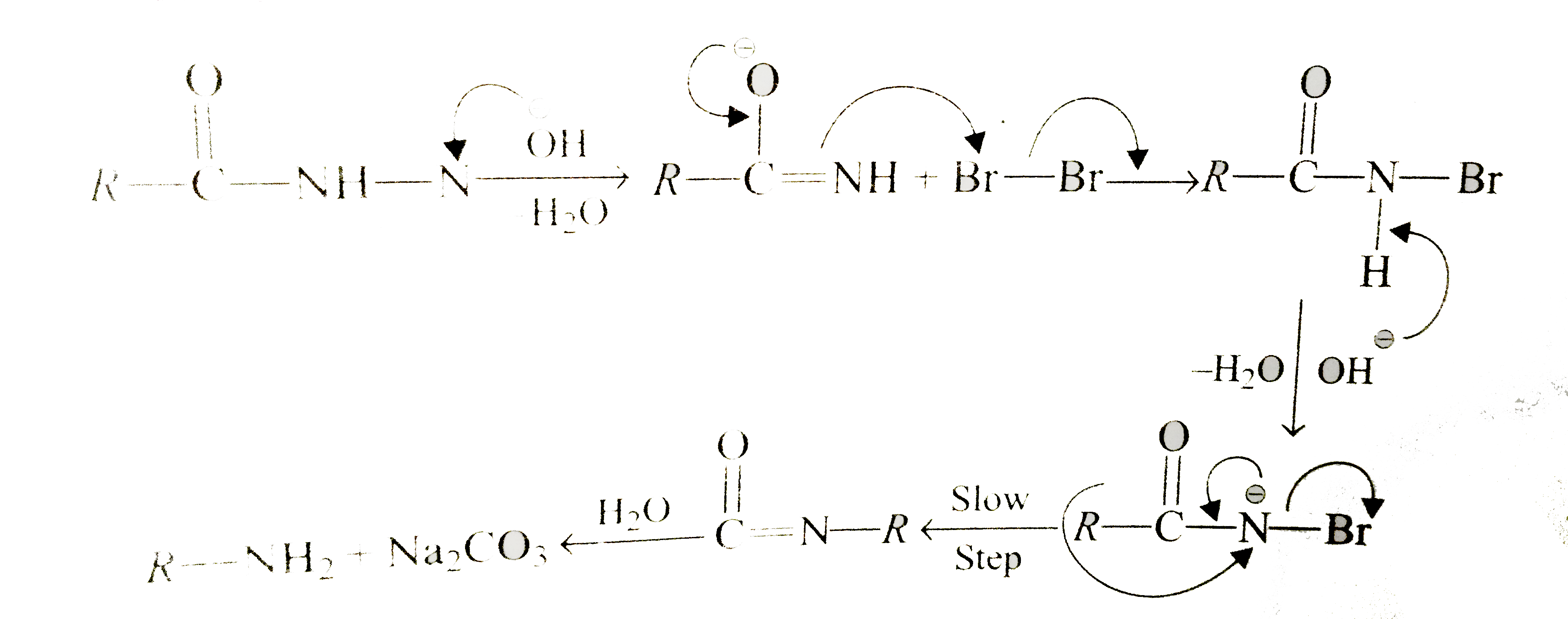
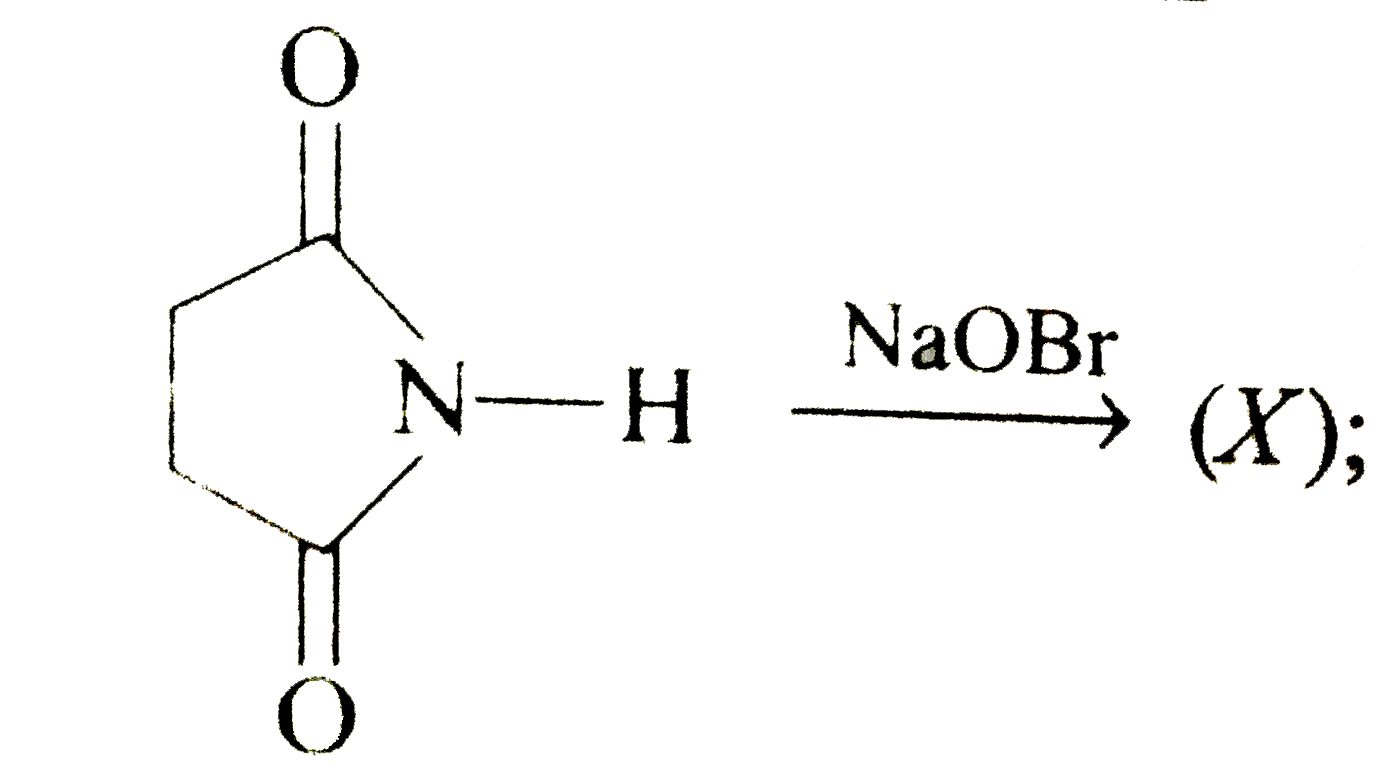 02:27View Solution
02:27View SolutionKetoxime when heated with certain reagents undergoes rearrangement to form amides. This is known as Backmann's rearrangement.

Find out slowest step of the reaction:03:16View SolutionKetoxime when heated with certain reagents undergoes rearrangement to form amides. This is known as Backmann's rearrangement.

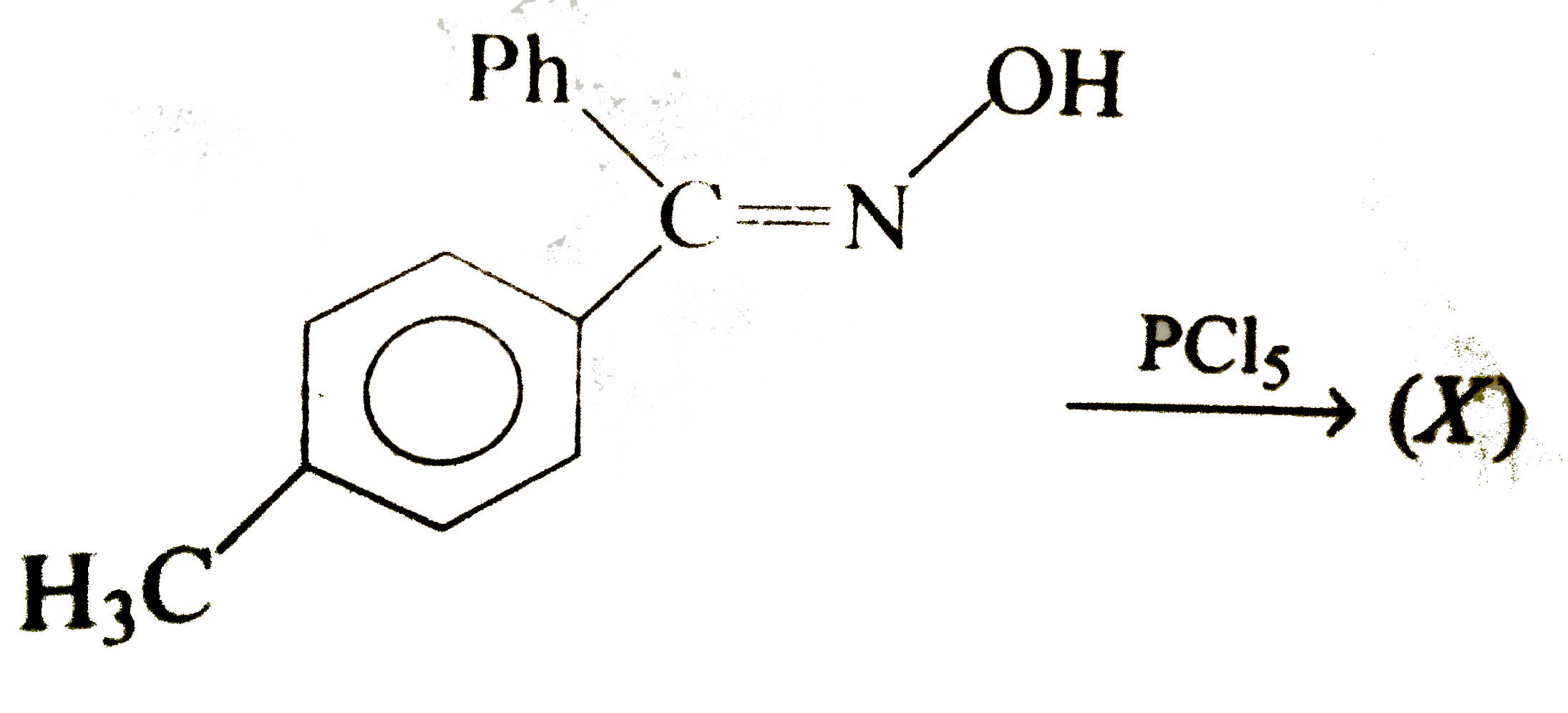
Find out (X):03:16View SolutionKetoxime when heated with certain reagents undergoes rearrangement to form amides. This is known as Backmann's rearrangement.

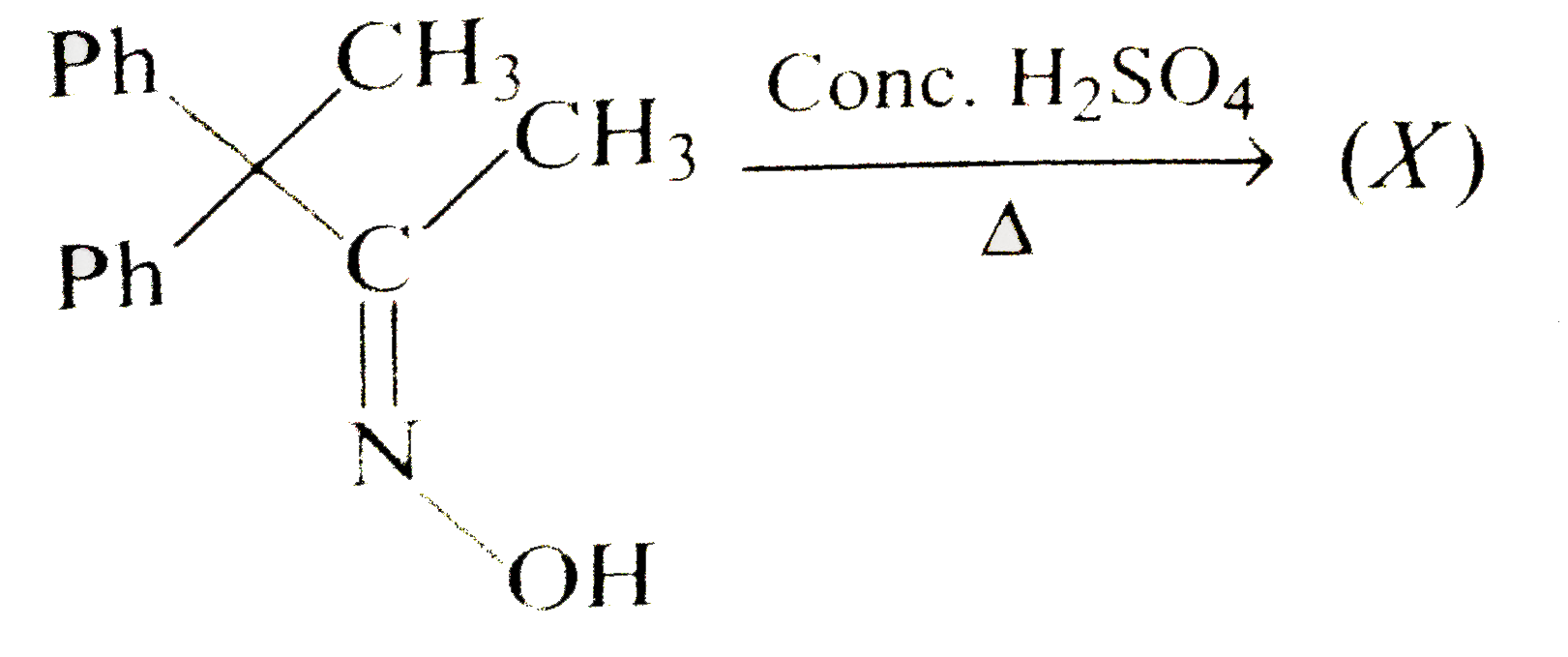
Find out (X) of the reaction:03:16View Solution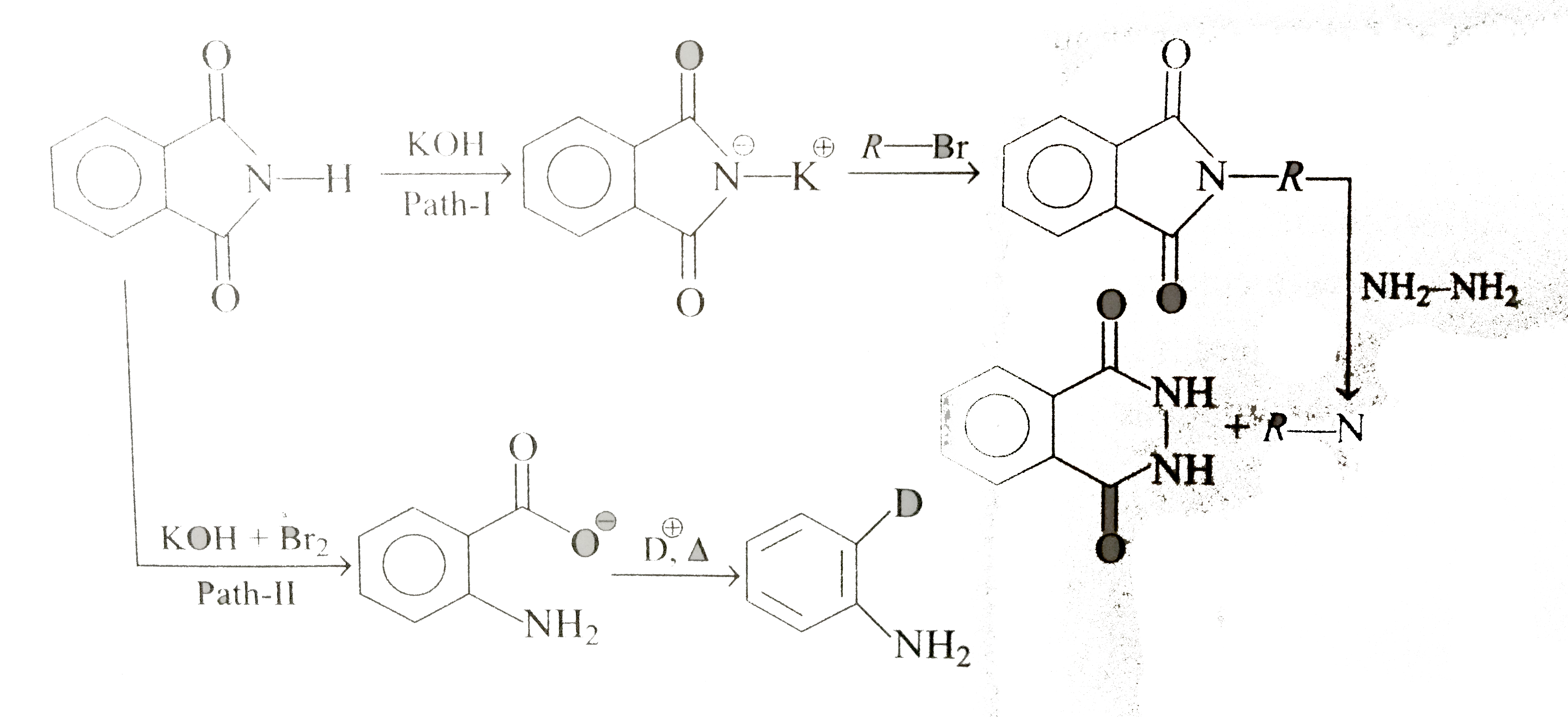
Which of the following amines cannot be prepared by path-I?02:48View Solution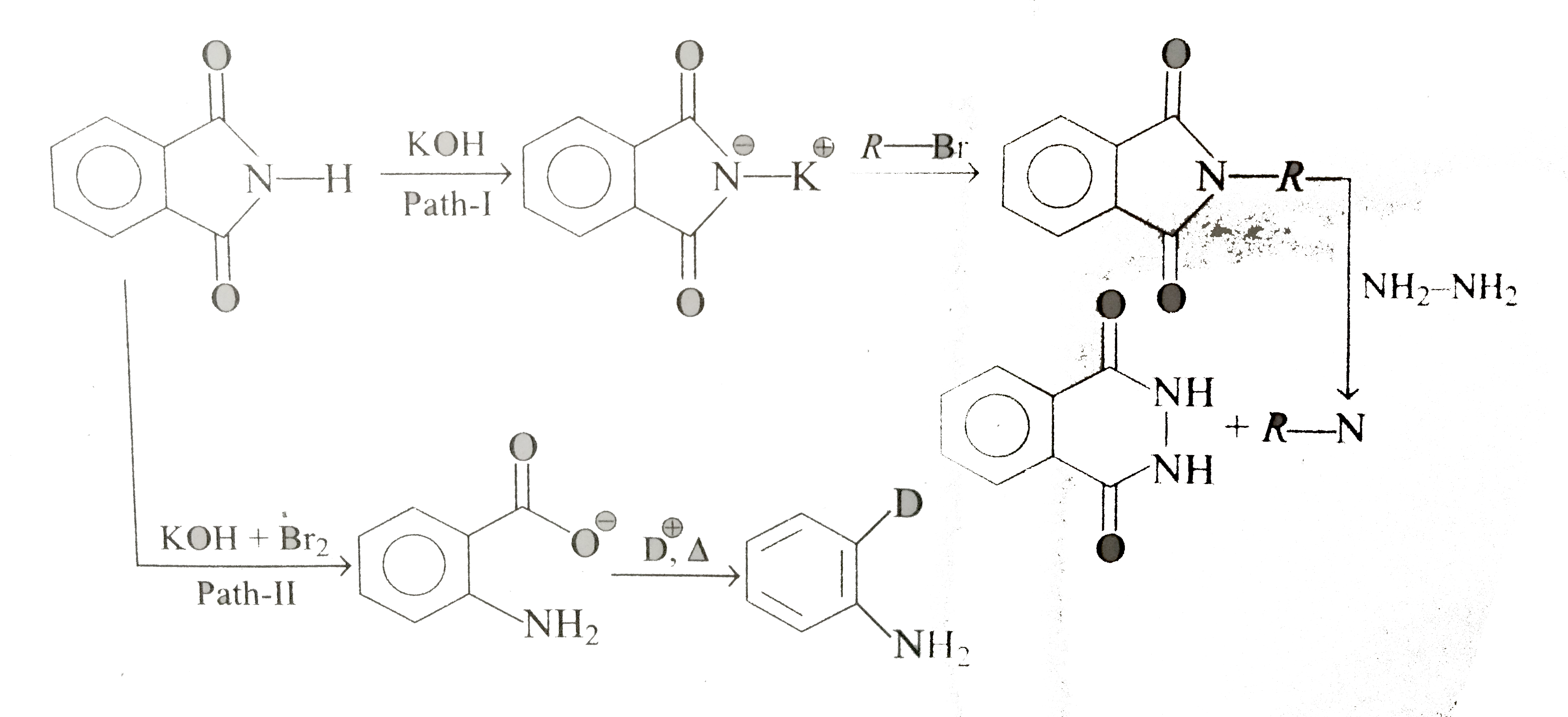
Consider path II, choose the major product for 1 and 2:
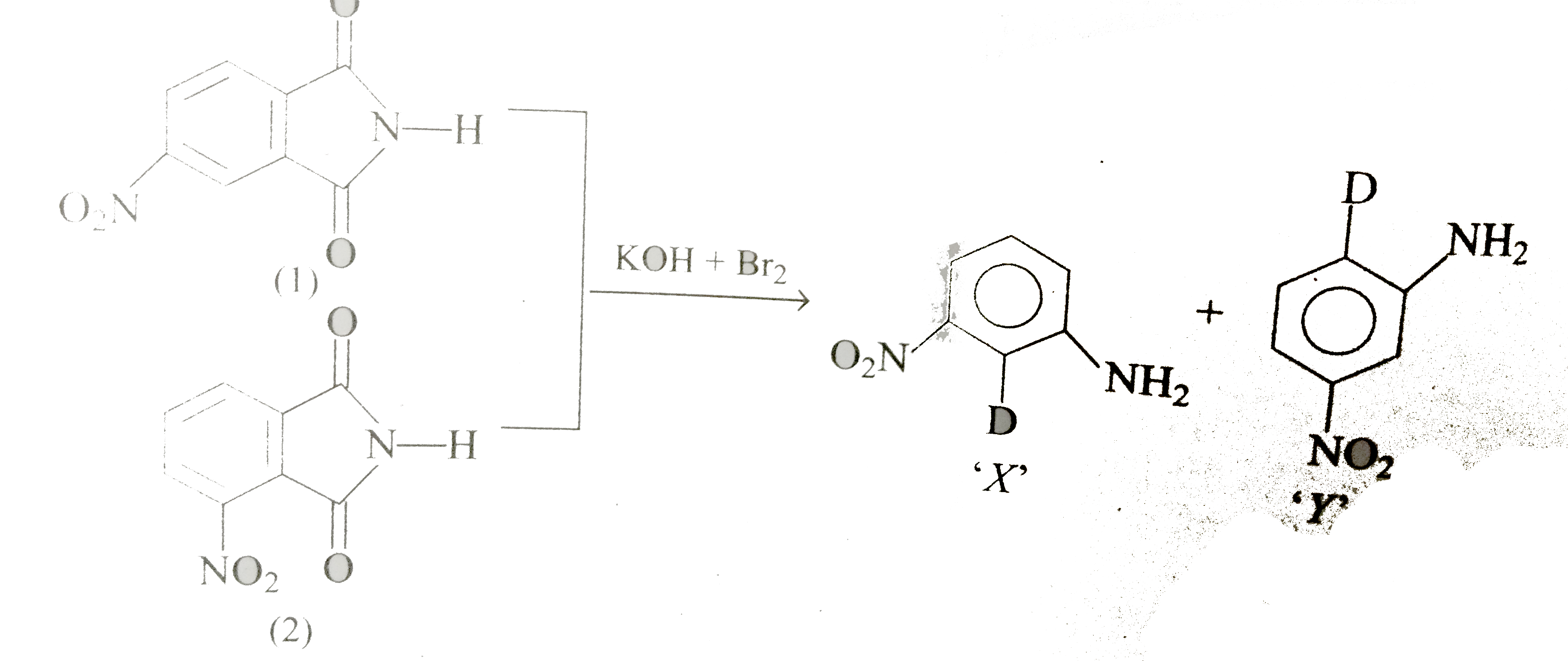 02:48View Solution
02:48View Solution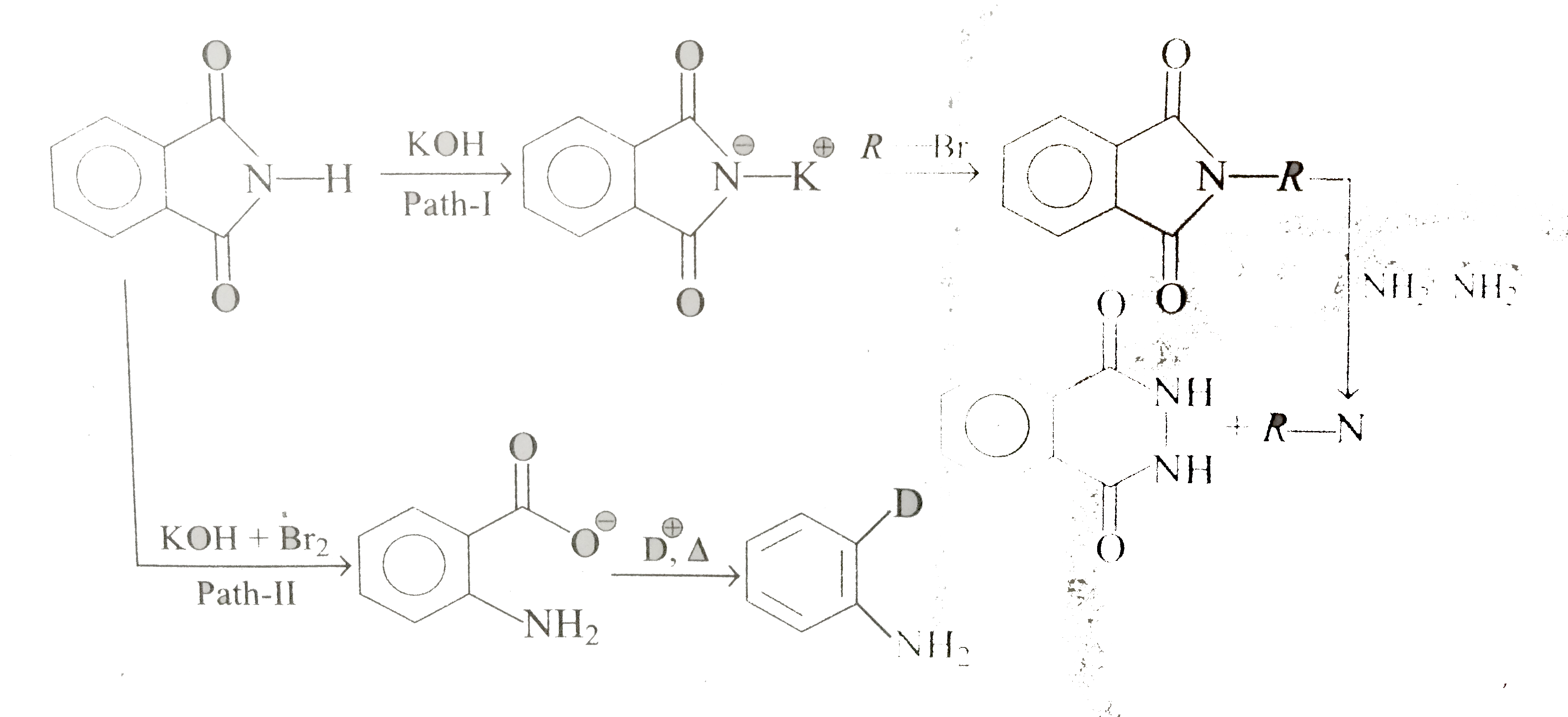
In the path I, if
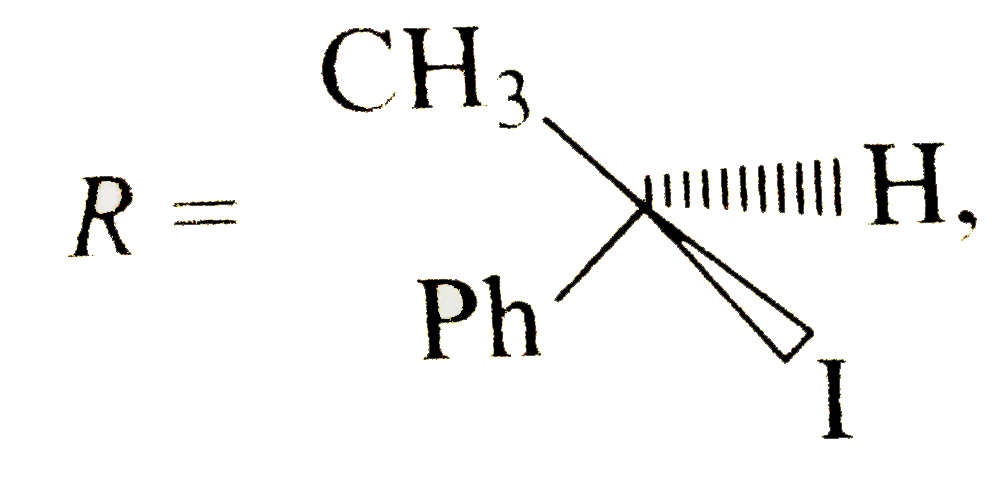 then the amine finally formed is : 02:48View Solution
then the amine finally formed is : 02:48View SolutionAn organic compound 'A' has molecular formula `C_(9)H_(13)NO` and it can be resolved into enatiomers. A does not decolourise bromine water solution. A on reflxing with dilute `H_(2)SO_(4)` yields another resolable compound `B(C_(9)H_(14)O_(3))` which gives effervescence with `NaHCO_(3)`. B on treatemet with `NaBH_(4)` yields `C(C_(9)H_(16)O_(3))` on heating with concentrated `H_(2)O_(4)` yields ester `D(C_(9)H_(14)O_(2))`. Compound A on reduction with `LiAIH_(4)`, followed by treatement of `H_(2)SO_(4)` yields following compound:
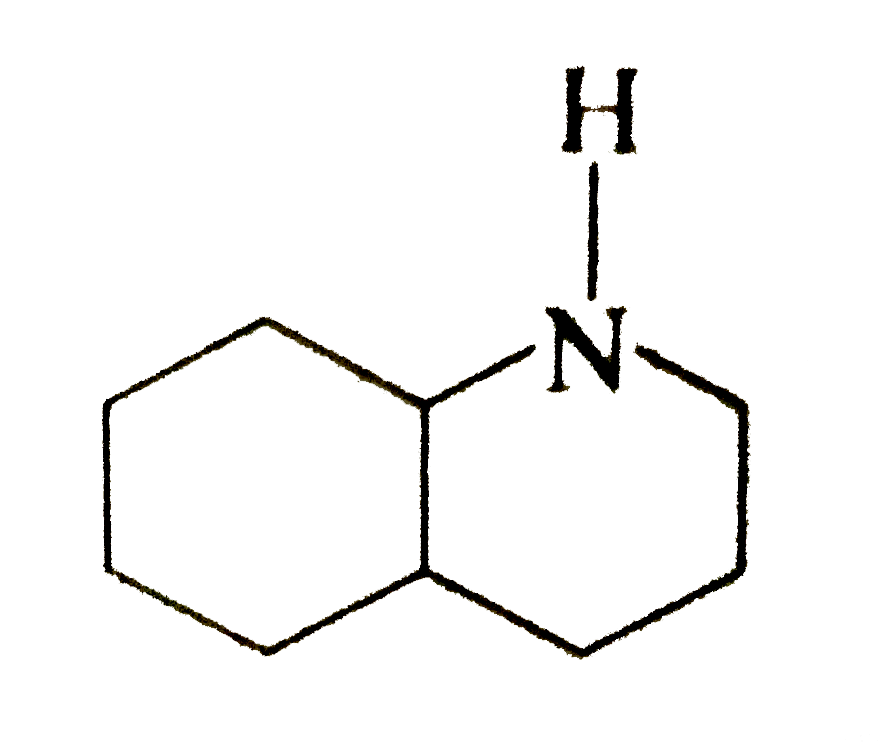
Find out structure of compound 'A' :03:46View SolutionAn organic compound 'A' has molecular formula `C_(9)H_(13)NO` and it can be resolved into enatiomers. A does not decolourise bromine water solution. A on reflxing with dilute `H_(2)SO_(4)` yields another resolable compound `B(C_(9)H_(14)O_(3))` which gives effervescence with `NaHCO_(3)`. B on treatemet with `NaBH_(4)` yields `C(C_(9)H_(16)O_(3))` on heating with concentrated `H_(2)O_(4)` yields ester `D(C_(9)H_(14)O_(2))`. Compound A on reduction with `LiAIH_(4)`, followed by treatement of `H_(2)SO_(4)` yields following compound:
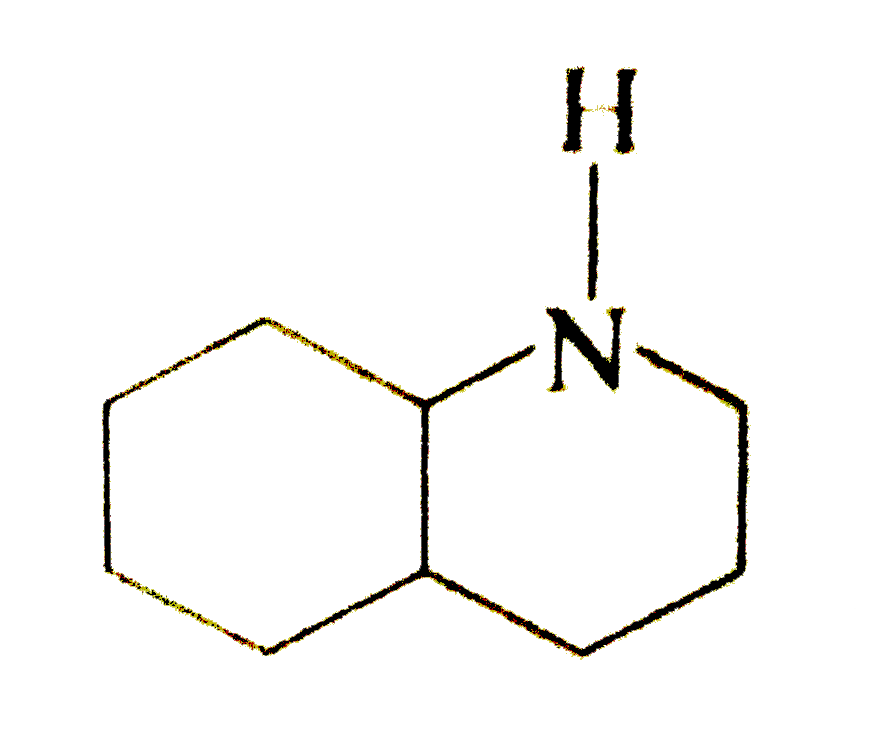
The sweet smelling neutral compound D is:03:46View SolutionAn organic compound 'A' has molecular formula `C_(9)H_(13)NO` and it can be resolved into enatiomers. A does not decolourise bromine water solution. A on reflxing with dilute `H_(2)SO_(4)` yields another resolable compound `B(C_(9)H_(14)O_(3))` which gives effervescence with `NaHCO_(3)`. B on treatemet with `NaBH_(4)` yields `C(C_(9)H_(16)O_(3))` on heating with concentrated `H_(2)O_(4)` yields ester `D(C_(9)H_(14)O_(2))`. Compound A on reduction with `LiAIH_(4)`, followed by treatement of `H_(2)SO_(4)` yields following compound:
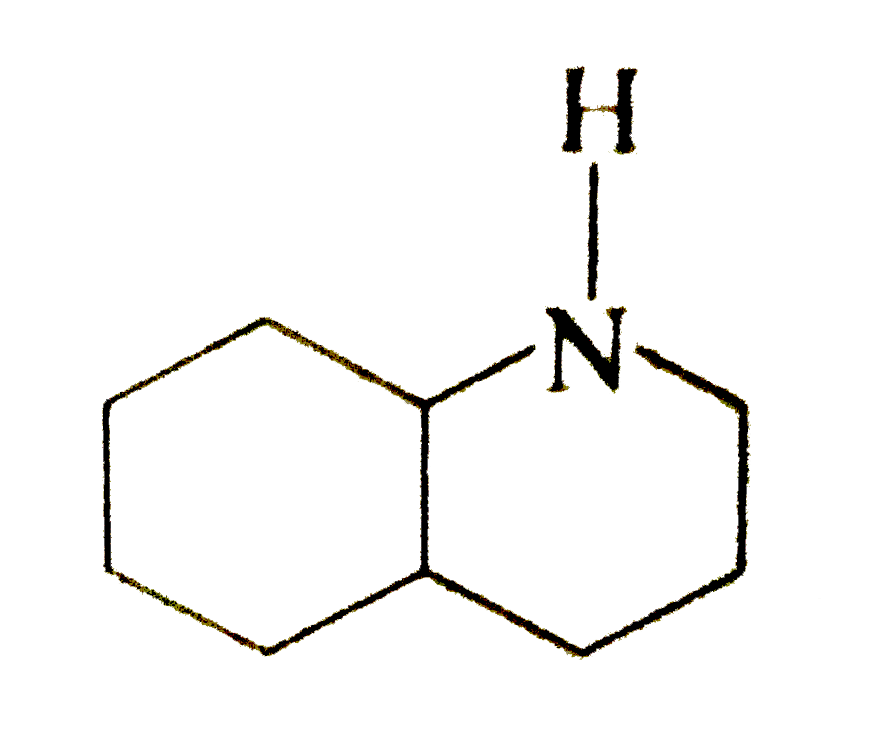
Due to reduction of optically pure 'B' two isomeric product 'C' form. Isomeric product 'C' are:03:46View SolutionWhen an primary aromatic amine is treated with `NaNO_(2)+HCI` at `0^(@)-5^(@)C`, a diazonium salt is formed and the reaction is called diazo reaction. In this reaction mineral acid must be added to prevent the coulping reaction of diazonium salt with excess of aryl amine. diazonium salt is highly in the synthesis of number of coloured dyes.
For the following diazonium ion the decreasing order of reactivity of these ion in azo-coupling reaction:
 03:39View Solution
03:39View SolutionWhen an primary aromatic amine is treated with `NaNO_(2)+HCI` at `0^(@)-5^(@)C`, a diazonium salt is formed and the reaction is called diazo reaction. In this reaction mineral acid must be added to prevent the coulping reaction of diazonium salt with excess of aryl amine. diazonium salt is highly in the synthesis of number of coloured dyes.
In the given reaction.
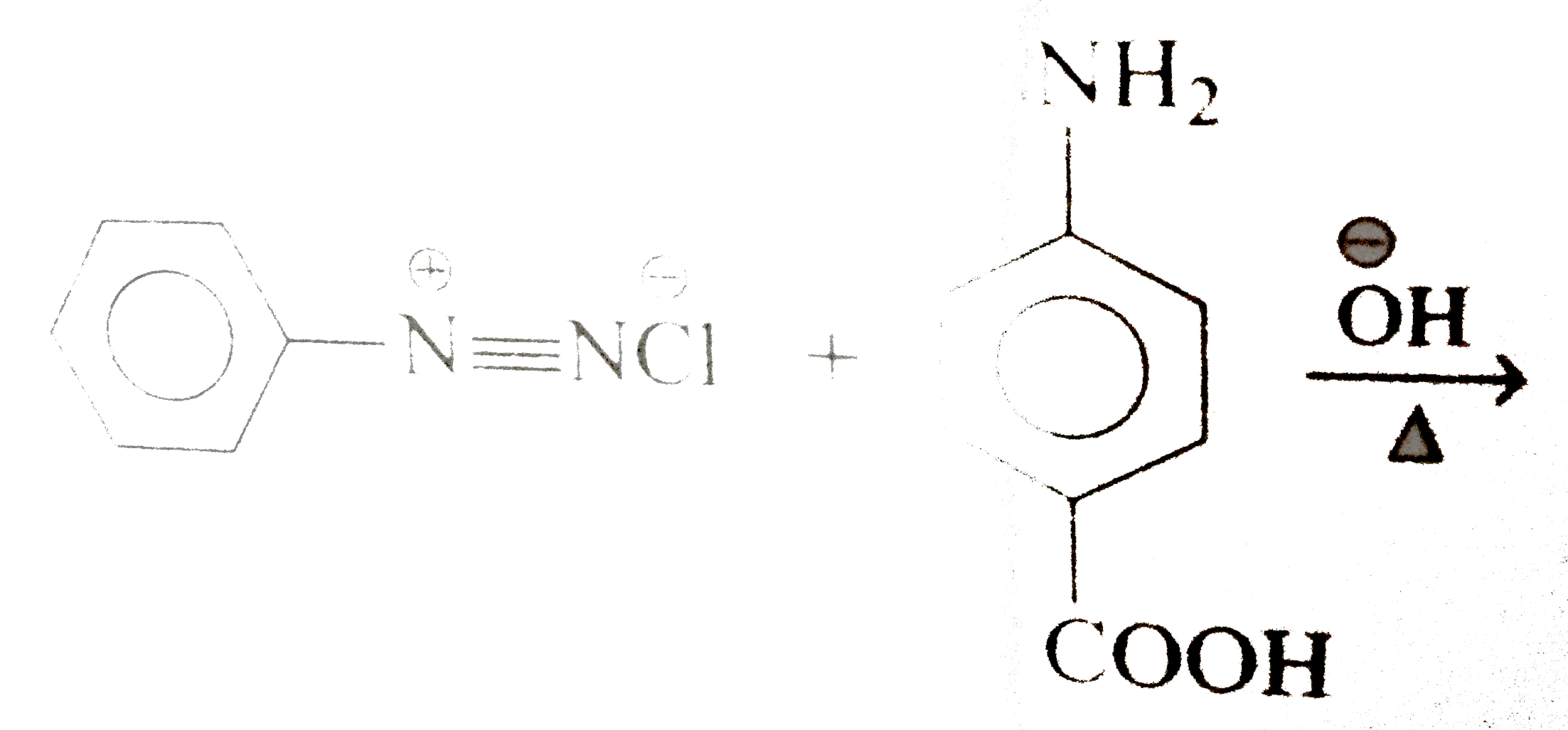
The final product is03:39View SolutionWhen an primary aromatic amine is treated with `NaNO_(2)+HCI` at `0^(@)-5^(@)C`, a diazonium salt is formed and the reaction is called diazo reaction. In this reaction mineral acid must be added to prevent the coulping reaction of diazonium salt with excess of aryl amine. diazonium salt is highly in the synthesis of number of coloured dyes.
When 2,4-dinitrophenol react with `NaNO_(2)+HCI` at `5^(@)C` followed by reaction with anisole, a coloured compound is formed which can be given as:03:39View Solution
Linked Comprehension Type questions and complete solutions for chapter AMINES of GR BATHLA & SONS CHEMISTRY (HINGLISH) of Class 12
